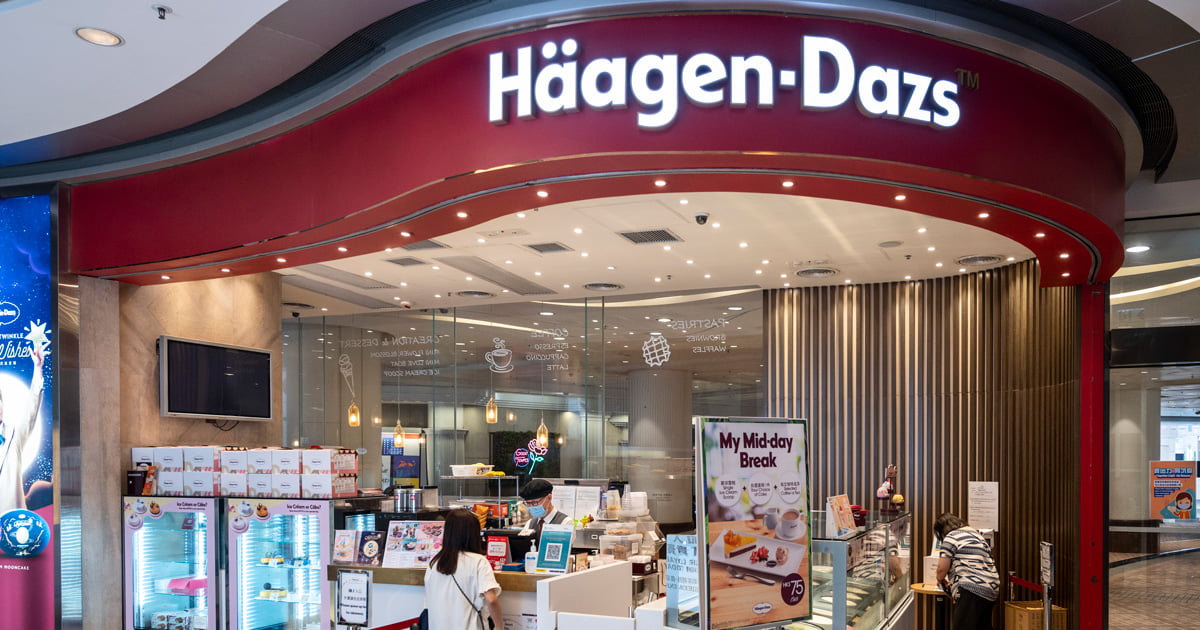· by James Archer · 2 min read
The Häagen-Dazs conundrum
Is the Häagen-Dazs brand fundamentally inauthentic? The name “Häagen-Dazs” doesn’t actually mean anything. It’s not an ancient Danish city or the name of two Swiss ice cream masters or anything of the sort. The name was made up by Jewish-Polish immigrant Reuben Mattus, who sat at his kitchen table i…

Is the Häagen-Dazs brand fundamentally inauthentic?
The name “Häagen-Dazs” doesn’t actually mean anything. It’s not an ancient Danish city or the name of two Swiss ice cream masters or anything of the sort. The name was made up by Jewish-Polish immigrant Reuben Mattus, who sat at his kitchen table in the Bronx for hours, mumbling nonsense words, trying to name the ice cream shop he and his wife Rose would open in 1976.
Early packaging included a map of Denmark and mentioned Copenhagen by name, conjuring a very specific and intriguing experience for ice cream customers despite there being no actual Scandinavian connection.
The concept of authenticity is critical to contemporary branding, but brands like Häagen-Dazs bring up an interesting question: what exactly does “authenticity” mean?
Mattus was trying to create a unique experience for his customers, and he liked the idea of a Scandinavian-themed ice cream brand. Given the response the public had to the brand, his instincts were obviously right.
Was Mattus being deceptive with his brand naming choice? Should he have given it some Jewish-Polish-Bronx name instead? Or was he being genuine and true to his vision, cleverly crafting the brand experience he wanted to create with the cultural building blocks at his disposal?
It’s hard to draw clear lines on the issue of authenticity in marketing, but I personally side with Mattus on this one. The origin of the product doesn’t actually matter. It’s a great product, and the ingeniously well-crafted name adds an enjoyable layer to the brand experience that takes it beyond the product itself.



